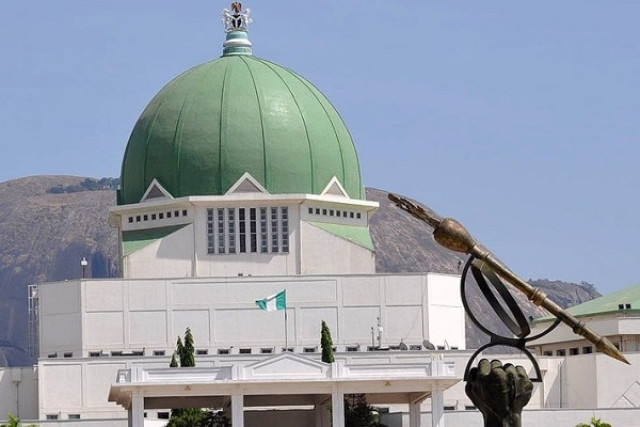A number of proposed amendments to the 1999 Constitution (as modified) that have been rejected by previous parliaments, state assemblies, or presidents will be reexamined by the House of Representatives.
While speaking during a combined retreat for the secretariats and consultants to the Senate and House Committees on the review of the Constitution, Benjamin Kalu, the Deputy Speaker of the House, disclosed this.
In order for the experts to collaborate on the current constitution revision process, he urged for synergy.
Former President, Muhammadu Buhari had in 2023 rejected 19 bills passed by the parliament, including the fifth alteration bill number 24, which sought an Act to alter the Second Schedule to the Constitution of the Federal Republic of Nigeria, 1999 to empower the National Assembly and state Houses of Assembly to summon the President of the Federal Republic of Nigeria.
In a statement on Sunday by the Special Assistant on Press Affairs, Udora Orizu, the Deputy Speaker said, “This retreat will provide a platform for the secretariat and experts to review previous amendment proposals, especially those that were popular among Nigeria but were either not passed by the national/state Assemblies or were not assented to by the President.”
He added that the retreat would also “consider how those issues can be re-introduced with a view to providing methods of processing them or an action plan that will ensure that reservations that led to their rejection are addressed.”
“The essence of this retreat is to build synergy among the consultants and the secretariats of the Senate and House Committees on Constitution Review to set the pace for effective collaboration that will drive the task before us towards such outcomes that would meet and satisfy the desires and yearning of Nigerians, especially at a time like this.”
He reminded the consultants that Constitution alteration is a continuous process that must involve all Nigerians to empower the legislature to evolve a constitution that will address contentious issues, such as state police, special seats for women, among other issues.




















